Cancer Data Trends 2024: Genitourinary Cancers
Reviewed by Bruce Montgomery, MD
Professor
Attending Physician
Department of Medicine, Oncology
University of Washington
Fred Hutchinson Cancer Center
VA Puget Sound Health Care System
Seattle, WA
Dr. Montgomery has no relevant financial relationships to disclose.

1
-
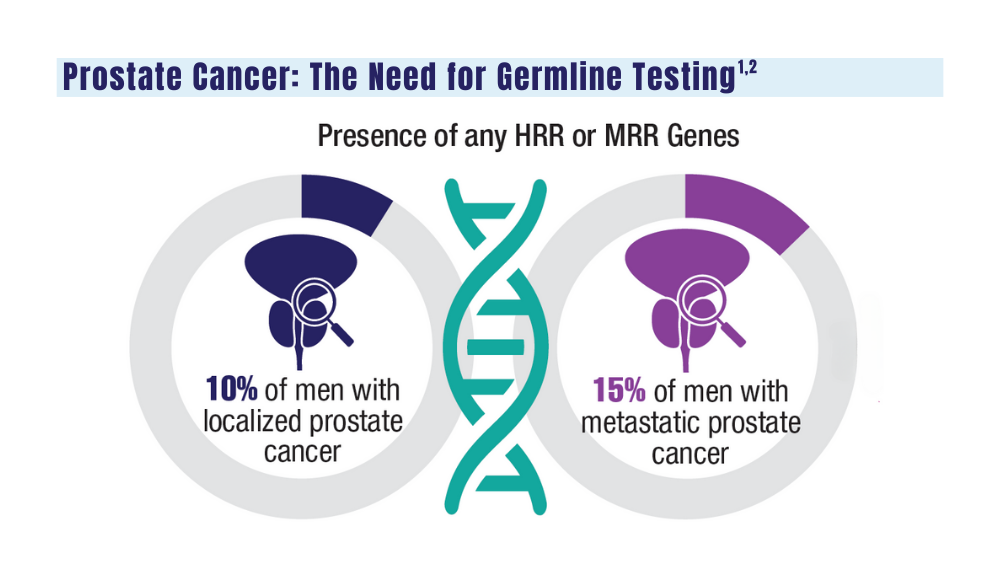
Germline testing is an important tool that can aid in identifying patients at risk for developing prostate cancer, inform best treatment approaches patients who have already been diagnosed, and help families optimally manage their own health.1,2
HRR, homologous recombination repair; MRR, mismatch repair
-
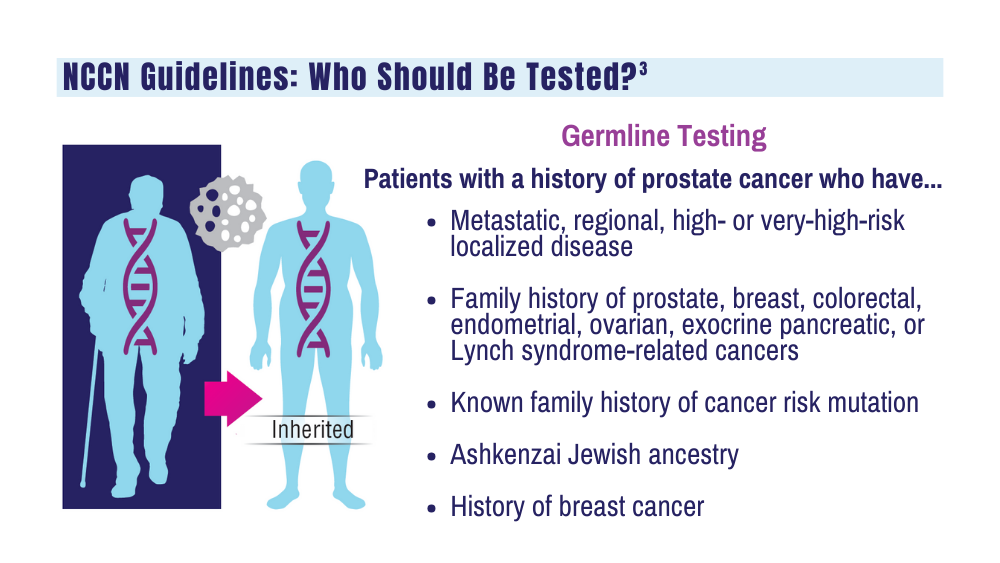
While the National Comprehensive Cancer Network (NCCN) provides the most specific instructions on who should receive germline and somatic testing, most major guidelines agree that men with metastatic prostate cancer should be tested, especially if they have a family history of cancer.2,3
-
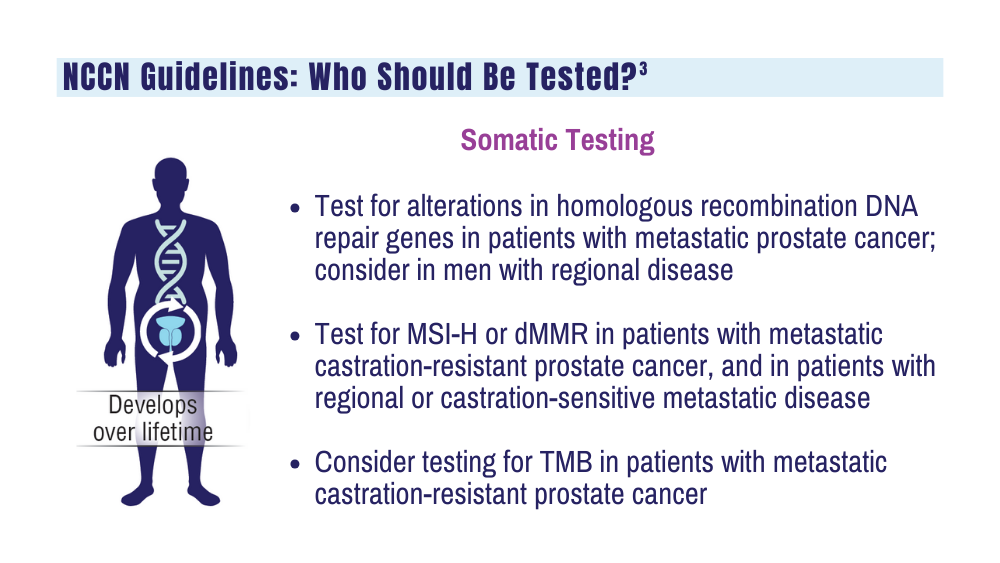
-
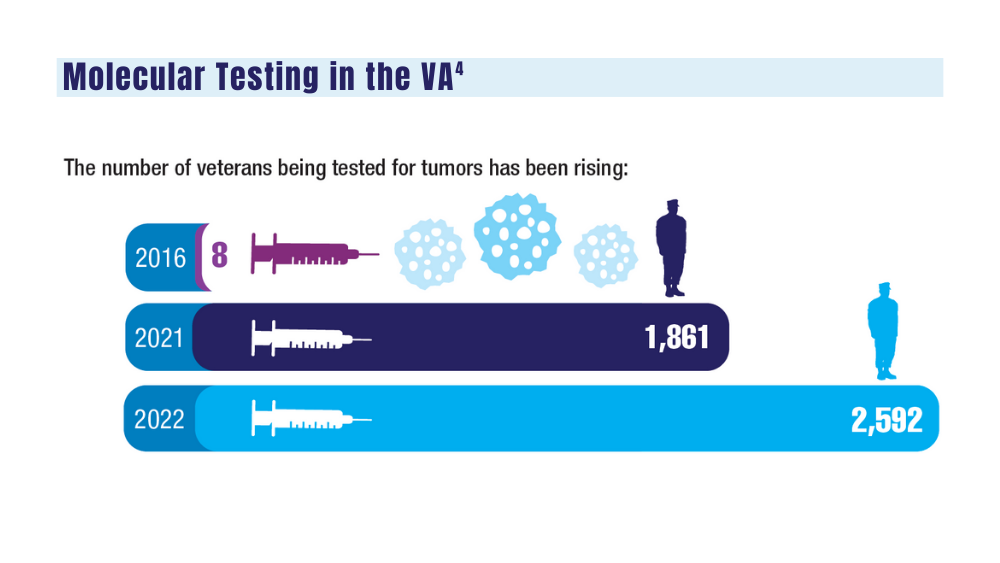
-
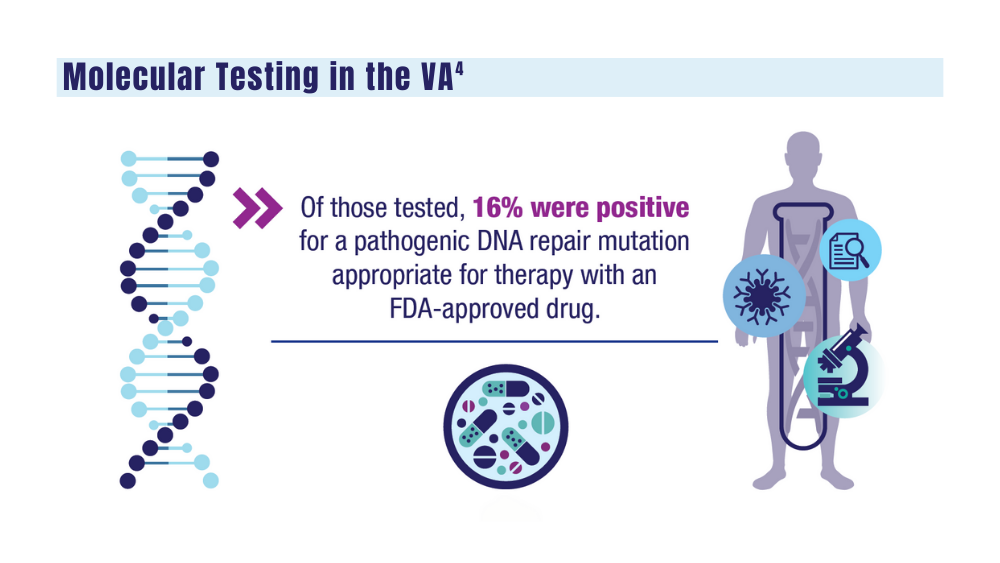
Veterans who were tested had cancer with an actionable alteration at a rate nearly identical to that of civilians.
-
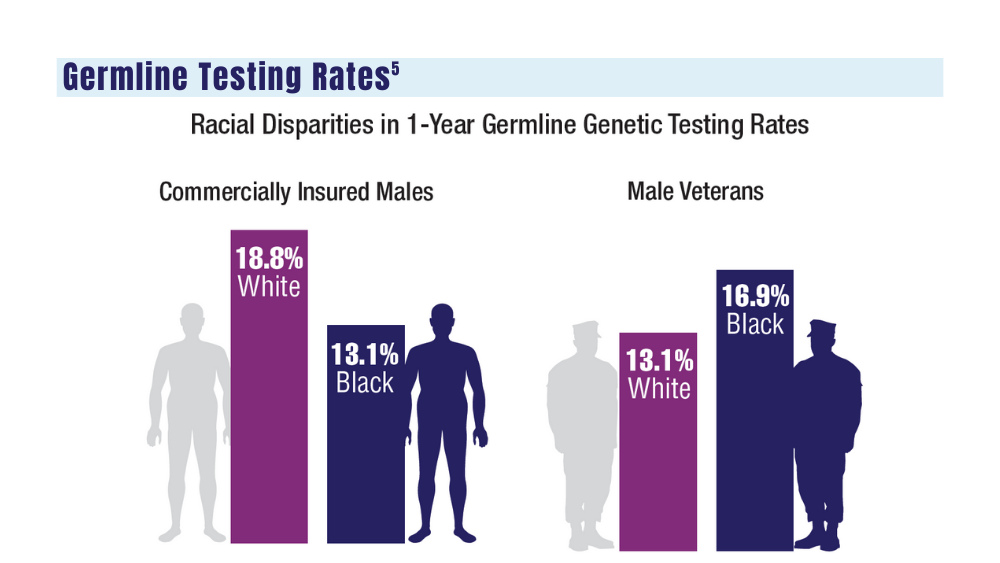
A study of nearly 8,000 men treated for pancreatic, breast, and metastatic prostate cancers from 2019 to 2021 found that in commercially-insured settings, White patients received germline testing at higher rates than Black patients.
-
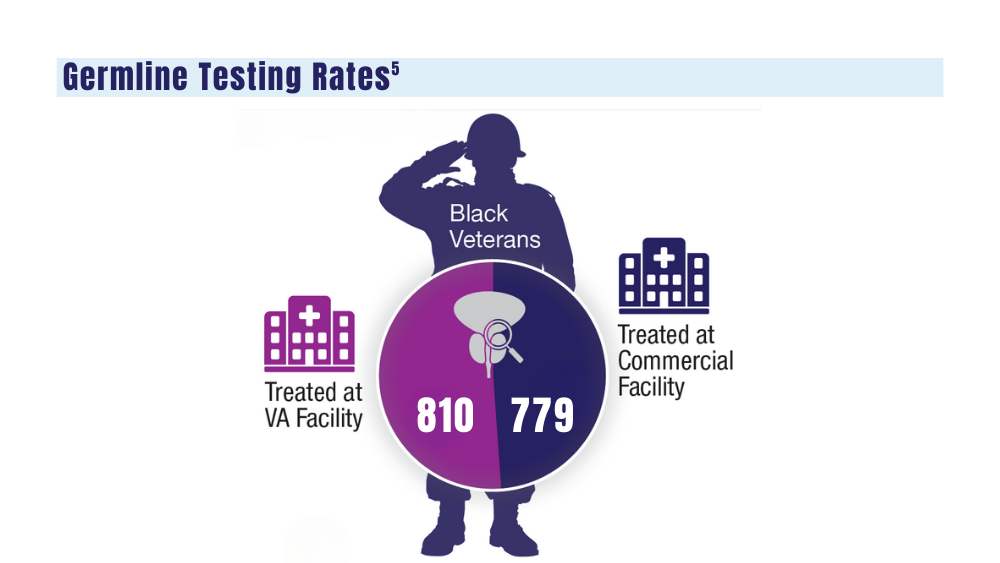
However, these disparities did not exist in the veteran cohort treated by the VHA.
-
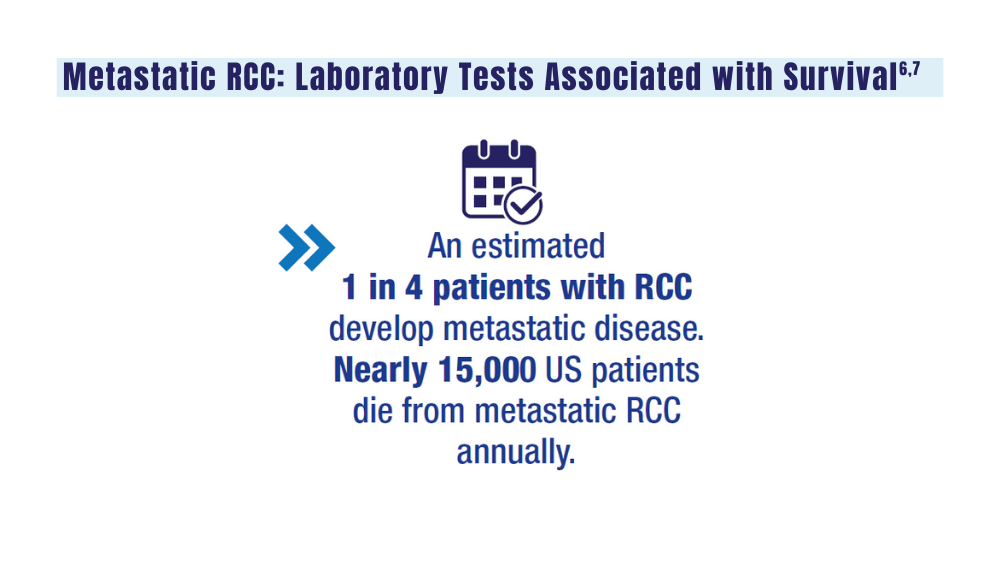
An analysis of VHA electronic health record data evaluated routinely measured laboratory tests drawn in patients within 6 months prior to their metastatic renal cell carcinoma (RCC) diagnosis. The study found that 14 different laboratory tests were associated with survival.6
-
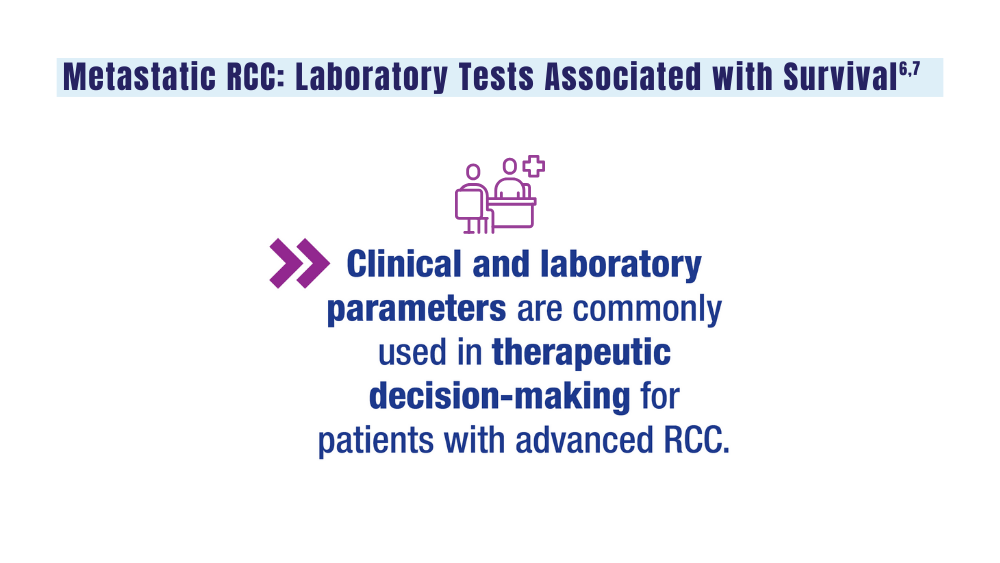
-
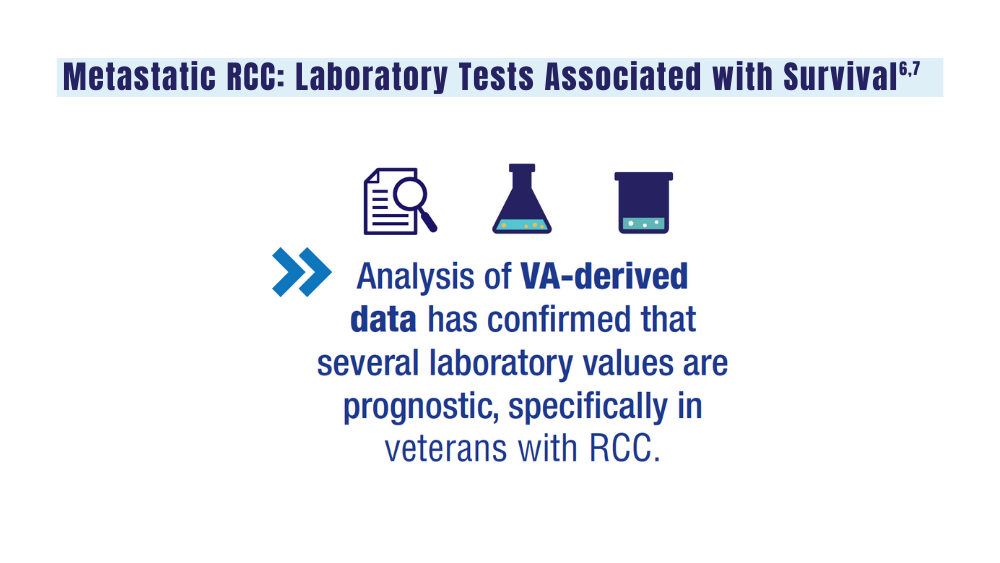
-
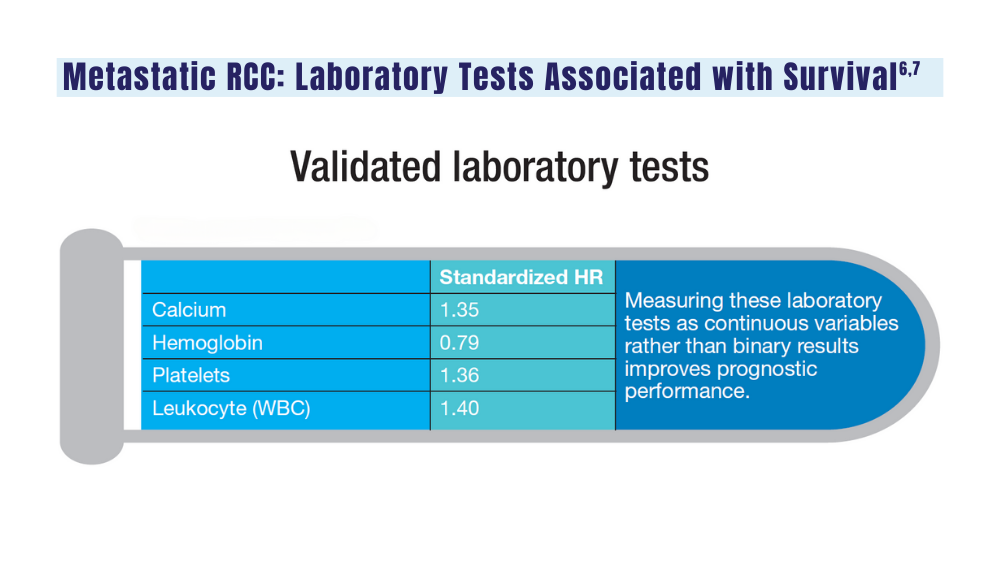
sHR, standardized hazard ratio; WBC, white blood cell
-
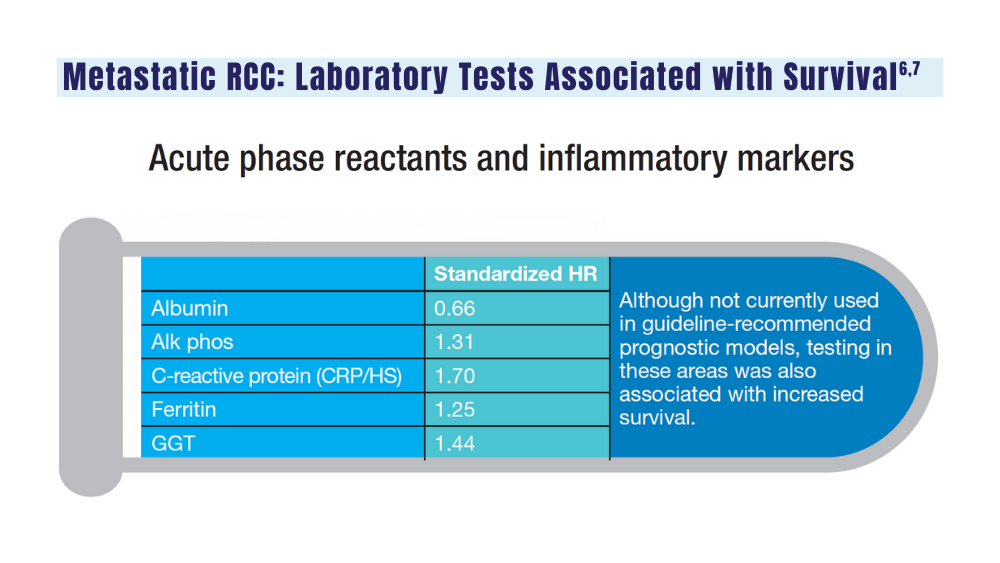
GGT, gamma-glutamyl transpeptidase; HS, high sensitivity
-
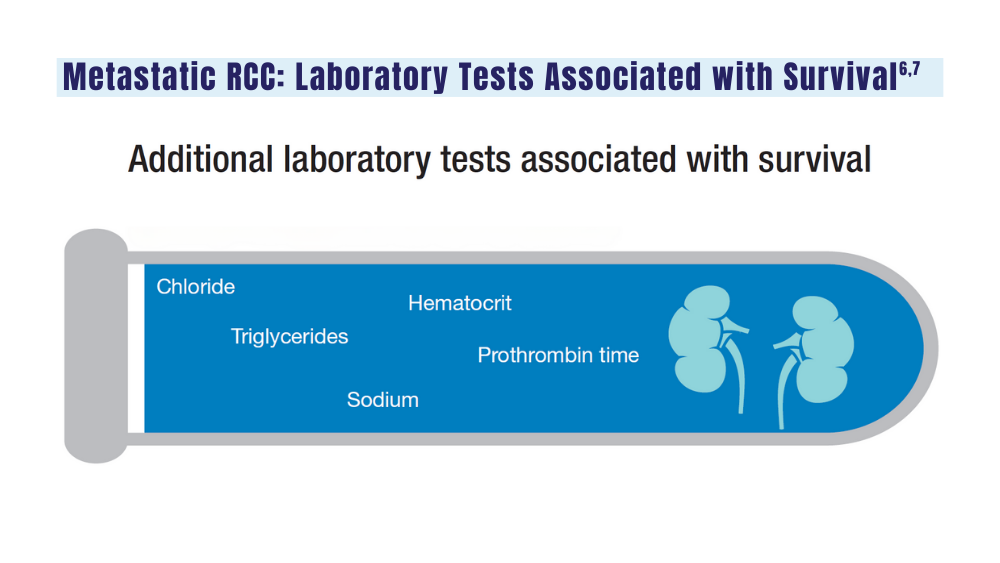
-
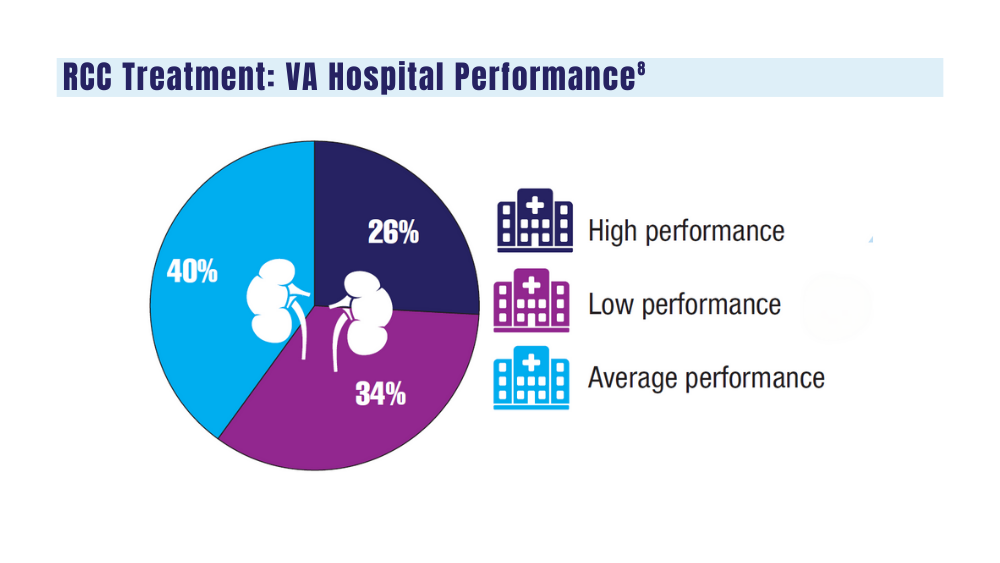
-
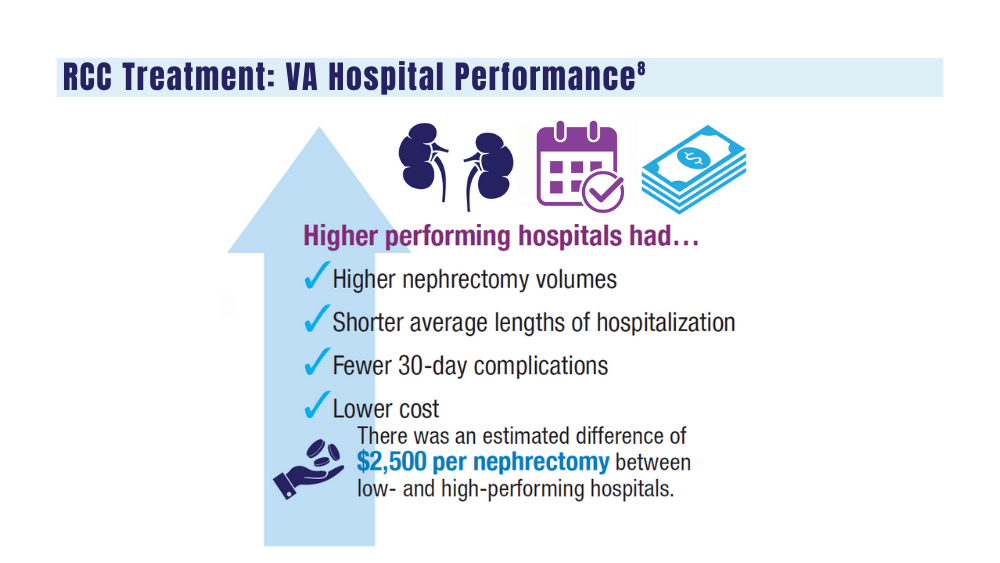
-
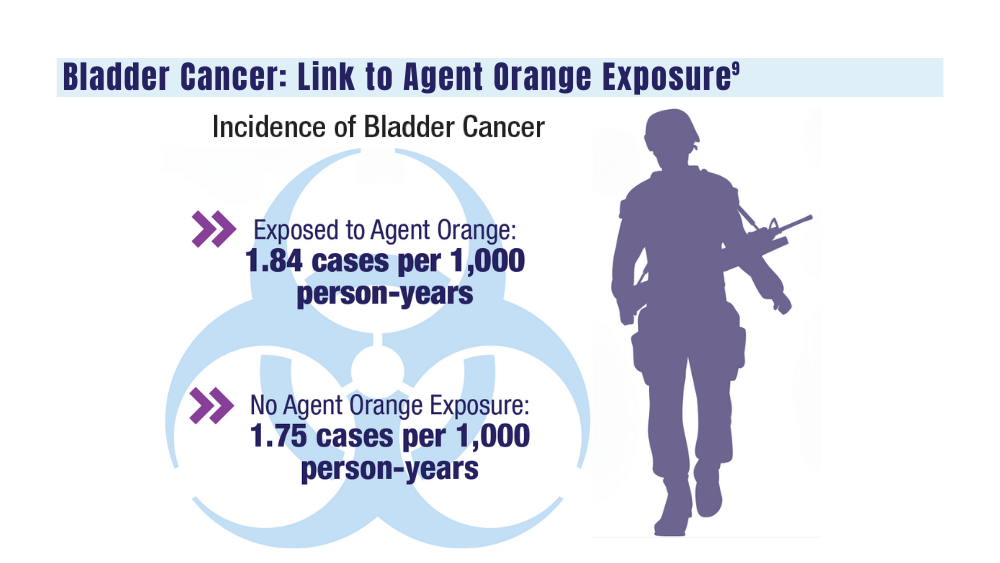
A study of health records of more than 3.5 million Vietnam-era veterans enrolled in the VA between 2001 and 2019 examined correlations between Agent Orange exposure and bladder cancer diagnosis, among other factors. While there is a slight increase in risk for bladder cancer, patients with exposure to Agent Orange have no observed differences in aggressiveness of disease or overall outcomes compared to those not exposed.9
-
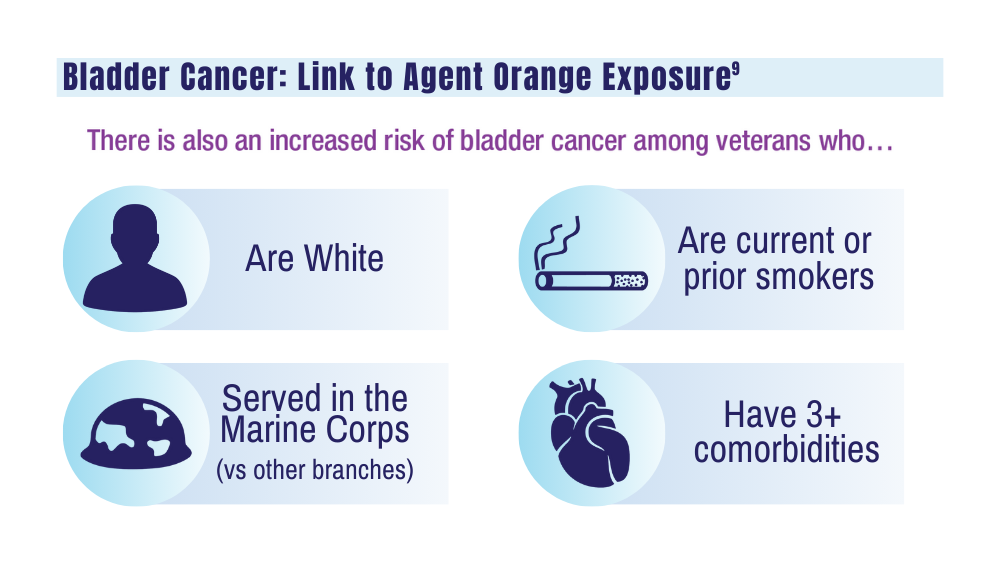
-
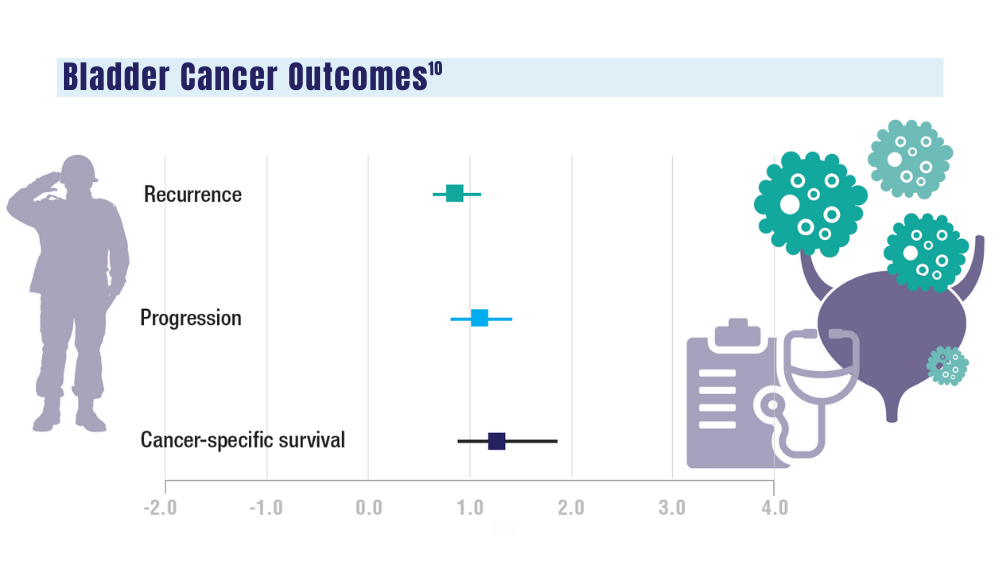
A recent study of Vietnam-era veterans with bladder cancer (N=7,651) validated that there was no correlation between Agent Orange exposure and higher disease stage, recurrence, progression, or survival.10
